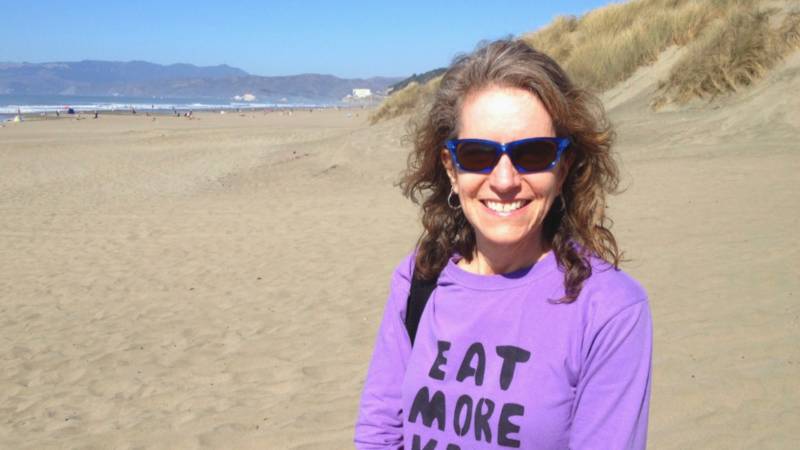When things that have always been a certain way – our bodies, our habits, our communities – suddenly change, it can be unsettling. Peggy Hansen says it can also be an opportunity.
I lost a few pounds recently, four to be exact. I wasn't trying, and it sort of crept up on me, the way things often do when there's too much going on. Since my weight had been stable for decades, I was a bit surprised—I'd thought my set point was a certain number, and now suddenly it wasn't. I'm not sick, but it seems I'd been exercising just a tad more, and eating just a tad less, and, well, four pounds worth by and by. The new weight seems to be sticking, so it looks like my set point isn't so set, or maybe it's been reset.
The idea that things, like weight, have a certain baseline value that they try to achieve or maintain, or a system has a certain status at which it functions best, isn't new. Many of us have internalized this concept, especially when it comes to our bodies and our habits. We weigh this amount because that's what our metabolism wants us to weigh, and it isn't possible or desirable to change that, we think. We do these things, and don't do those other things, because that's what we've always done, or never done. Is that valid, though, or useful? Maybe—to a point.
The idea that a set point may not actually be set, or at least not set in stone, is intriguing at my stage of life, which would politely be called 'late middle age' these days. If this one thing can change, and the world doesn't end, what other possibilities for reinvention, or a little exploration, might be waiting? Maybe you've never gone camping, or you've never tried Ethiopian food. Or maybe there's a wild hare you've been burying that keeps resurfacing, asking you 'what if?' What if you said yes?
With a Perspective, I’m Peggy Hansen.
